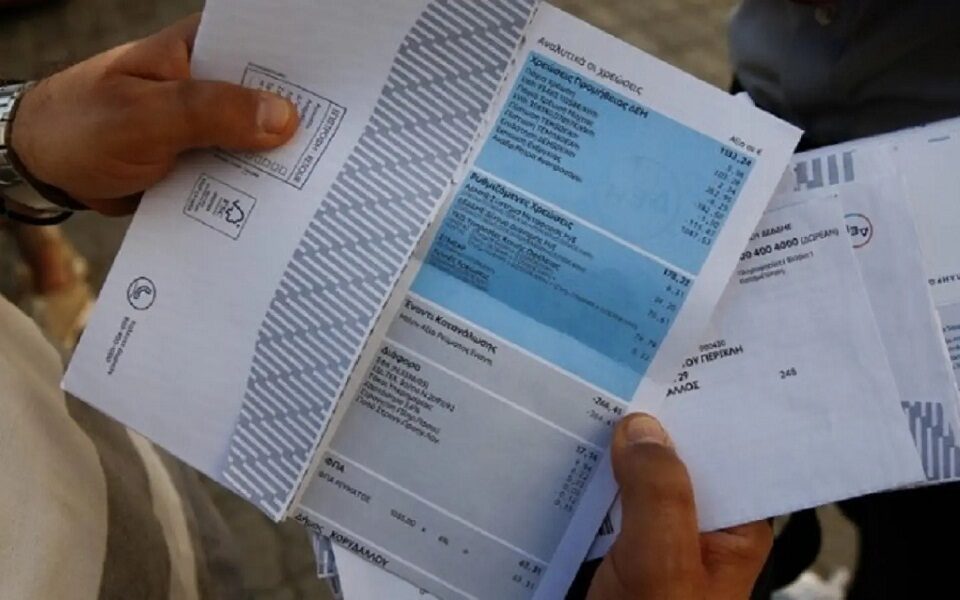Easy come, easy go

Few people know that residents in areas where renewable energy stations have been installed receive a discount on their electricity bills. It’s not a lot of money, but it’s a fair reward from the power companies for any nuisance they cause with their projects.
The system worked well, until the Environment Ministry’s busybodyism decided this summer to “reform” it. Until August, the discount was proportional to consumption. Thus, while the discount rate was the same for everyone, permanent residents who actually use more electricity benefited more than those who, for example, opened their holiday home for 15 days.
Surprisingly, Minister of Environment and Energy Theodoros Skylakakis and his deputy Alexandra Sdoukou did not like the specific apportionment and decided to implement a new Procrustean rule. According to a question tabled in Parliament by SYRIZA MP Kalliopi Vetta and an intervention by the conservative MP Stathis Konstantinidis, on August 22 – smack-bang in the middle of summer – a decision was published by the ministry, according to which the discount will not be allocated based on consumption but per supply. This means that someone who lives right under the wind turbines will have a smaller discount than someone else who may not live permanently in the area at all.
We don’t know what or, most importantly, whom is benefiting from this decision. The problem, as Konstantinidis wrote in a letter addressed to the ministers, is that “the permanent resident of a remote community will receive the same discount as someone who occasionally resides there, while the latter may also reap an extra income if they do not use much electricity. However, the rewarding nature of the provision is reasonably linked to how much time one spends there and not to simple ownership, and therefore it would be more fair to have a proportional way of calculation. Not to the extent that it would reward increased power consumption, but certainly not in a way that ignores the permanent presence, activity and residence of our fellow citizens in the Greek countryside, and especially in small communities. Besides, in these regions, increased consumption is often linked to the presence of more children or elderly citizens.





